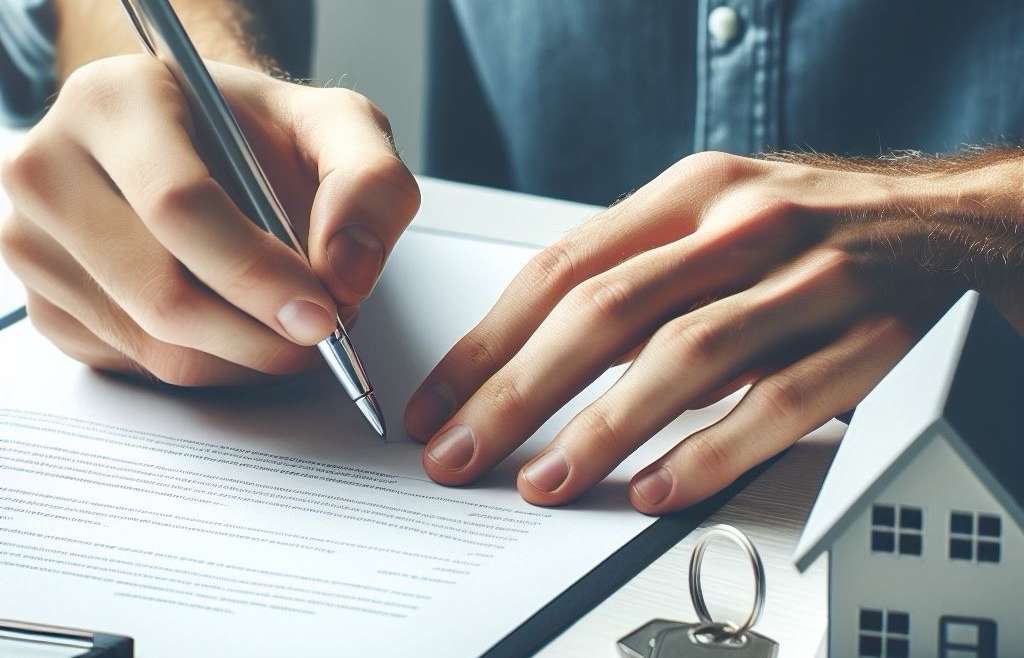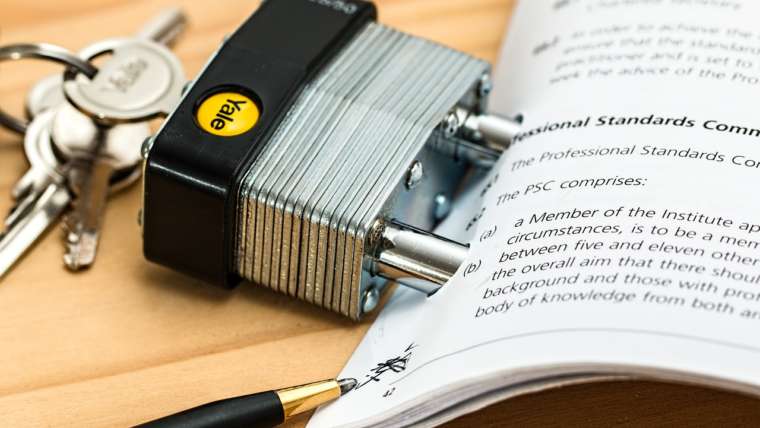BARE PROPERTY
There are legal terms that often remain within specialised legal circles until economic circumstances bring them to the centre of the debate and consumers start to become familiar with them. A notable case is the concept of Bare Property PROPERTY, of which we are going to offer a brief explanation in this article.
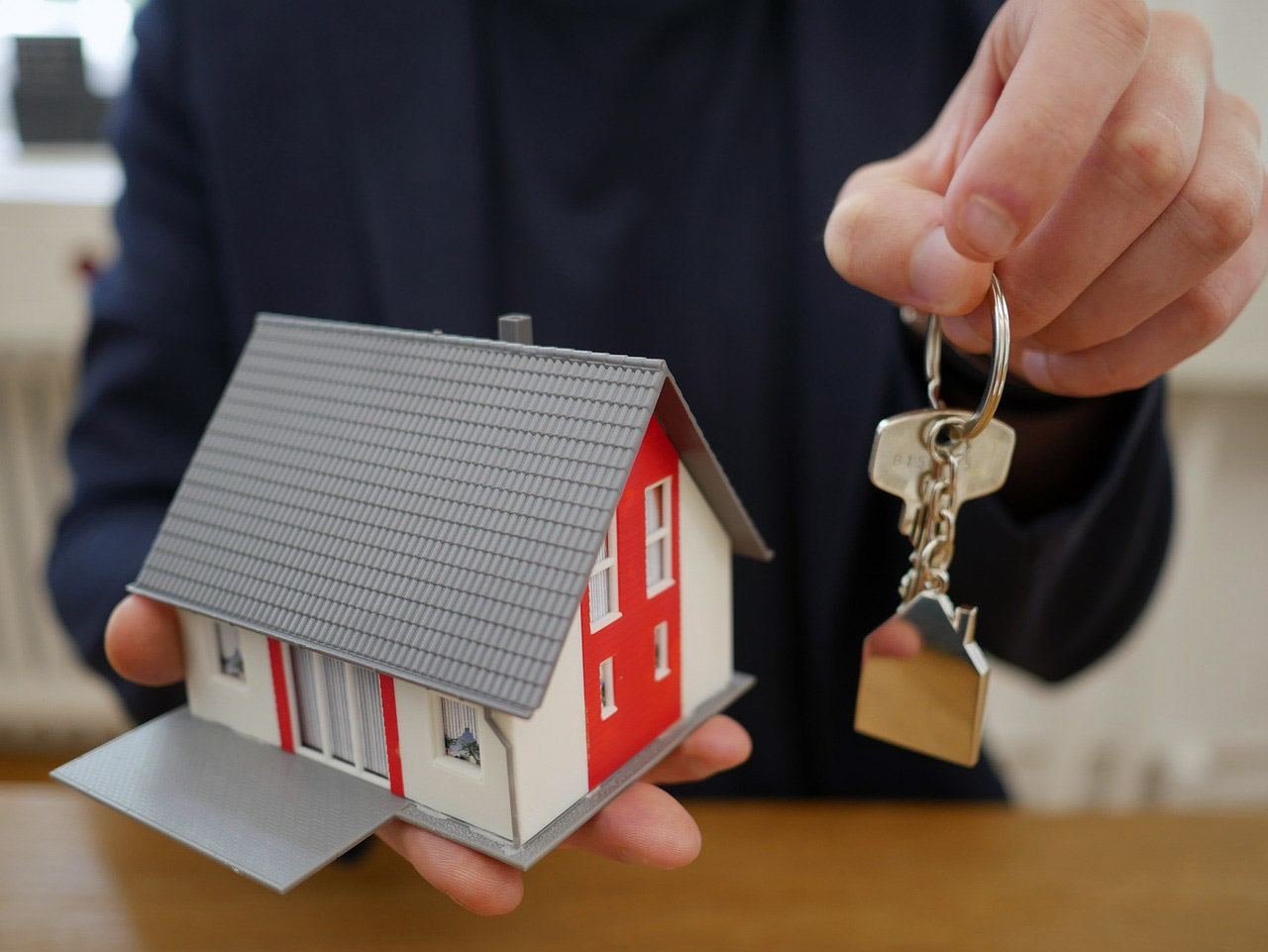
WHY DO WE TALK ABOUT BARE PROPERTY?
We speak of bare property as an investment alternative because some people show interest in acquiring an asset, even if it is handed over to them several years later. The passage of time does not negatively affect these investors, as the value of the property tends to increase naturally.
On the other hand, the owner sells the property, reserving the right of use and receiving a sum of money for the sale of the bare property. This sum of money can serve as a supplement to his or her income, which is often not sufficient. During the agreed period or during the owner’s lifetime, the owner can enjoy the property in full security, as the sale does not entail any loss of enjoyment. Therefore, bare ownership provides a level of security that is highly sought after today.
NETOWNED PROPERTY
The dominion or right of ownership over an asset encompasses various powers, such as the right to dispose and affect, and the right to use and enjoy. When we acquire a property, such as a home, we become owners and sovereigns of it, with the ability to exercise all these powers.
In exercising these powers, we can sell the property, which would mean that we cease to own it; we can rent it, assigning the right of use for a period and subject to terms and payments; or we can sell the bare ownership and reserve the right of enjoyment. However, in the case of the bare ownership, the facet of use and enjoyment is separated from the right of ownership. This means that the owner transfers the enjoyment and use for life to a third party, while retaining the capacity to dispose of and encumber the property.
BARE OWNERSHIP AND USUFRUCT
The constitution of a usufruct, and therefore of the bare ownership by the owner, is carried out by means of a public deed before a notary. Although there are no specific regulations for valuing the bare ownership, there are specific regulations for valuing the usufruct, with tax rules governing its estimation and a formula for calculating it.
The established formula is as follows: 89 minus the age of the usufructuary, which results in a percentage (applied, with a maximum of 70% and a minimum of 10%). This means that, according to the tax formula, the value of a usufruct can never exceed 70% of the value of the property or be less than 10%.
Although the parties can agree on specific figures, they must take into account the criteria of the tax office, which requires the tax valuation. The extinction of the usufruct, and thus the return of ownership to its full extent, occurs in accordance with the provisions of the Civil Code and the conditions set out in the contract. The causes of extinction include the death of the usufructuary, the expiry of the agreed term or the fulfilment of the conditions specified in the contract, among others.
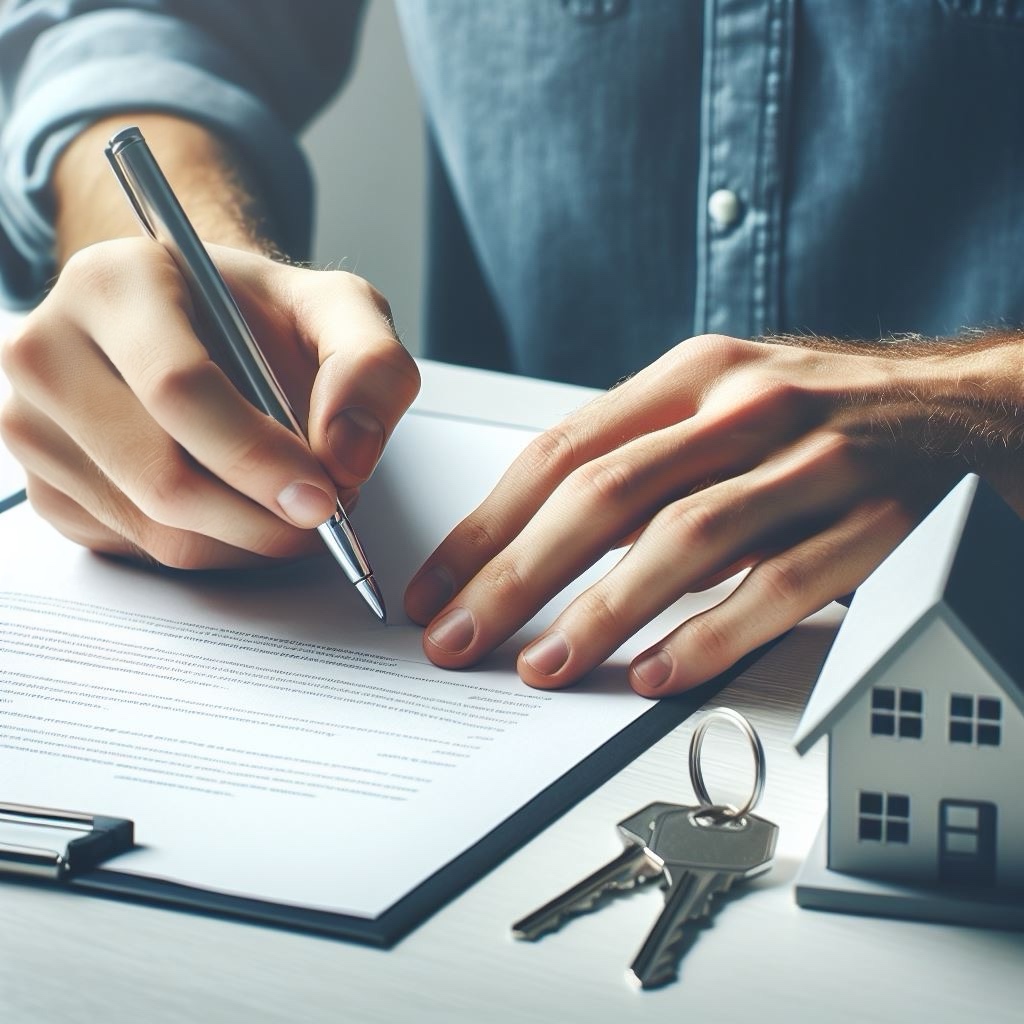
RIGHTS CONFERRED BY THE BARE OWNERSHIP
The rights conferred by the bare ownership are the following:
Power of Disposal with Limitations:
Being the holder of the dominion over the property, the bare owner may alienate it, but is subject to restrictions. He may not alter the form or substance of the property or carry out actions that are detrimental to the usufructuary.
Right of Encumbrance:
The bare owner has the power to encumber the real estate, exercising his role as owner.
Making Improvements at the Extinction of the Usufruct:
When the usufruct comes to an end, the usufructuary may make useful or recreational improvements to the property subject to the usufruct, provided that they do not alter its form or substance. However, the usufructuary is not entitled to compensation for these improvements.
Liability for Ordinary Expenses:
Ordinary expenses associated with the usufruct are the responsibility of the usufructuary.
The essential right conferred by the bare ownership is the extinction of the usufruct as agreed, which allows the power of use and enjoyment to revert to the owner. This means that the bare ownership ceases to exist, and the owner becomes the full and dominant owner of the property.
OBLIGATIONS IMPOSED BY THE BARE OWNERSHIP
The obligations imposed by the bare ownership are the following:
Respect for the Right of Use and Enjoyment:
The main obligation of the bare owner is to respect the right of use and enjoyment of the property by the usufructuary. This implies refraining from any action that interferes with or violates the usufructuary’s powers as owner.
Liability for Extraordinary Repairs:
Extraordinary repairs are the responsibility of the owner. However, the usufructuary is obliged to notify the owner when such repairs are urgently needed. Therefore, the costs associated with the charges and the Real Estate Tax (IBI) are considered to be attributable to the owner. It is important to note that the parties may agree on specific provisions, but generally the Civil Code will be followed.
BARE OWNERSHIP IN PRACTICE AND DAILY REALITY
The bare ownership is a frequent option for those seeking a complementary financial solution. In this type of agreement, the seller can continue to reside in his home and receive a sum of money, but will lose the right of use when the conditions stipulated in the contract with the bare owner are fulfilled.
CARLOS BAÑO LAW FIRM
The law firm of Carlos Baño Leon specialises in real estate law.
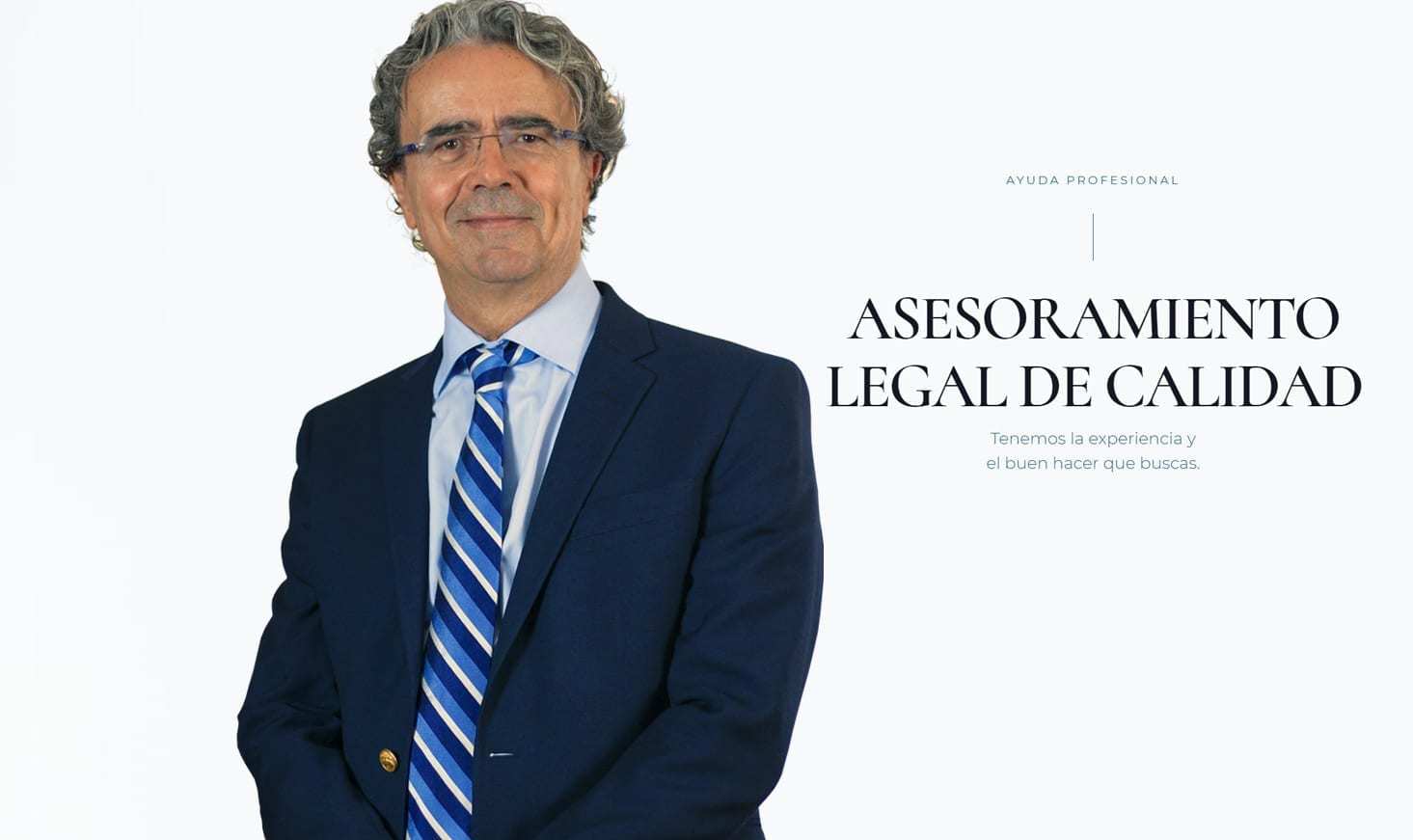
“BARE PROPERTY”.
